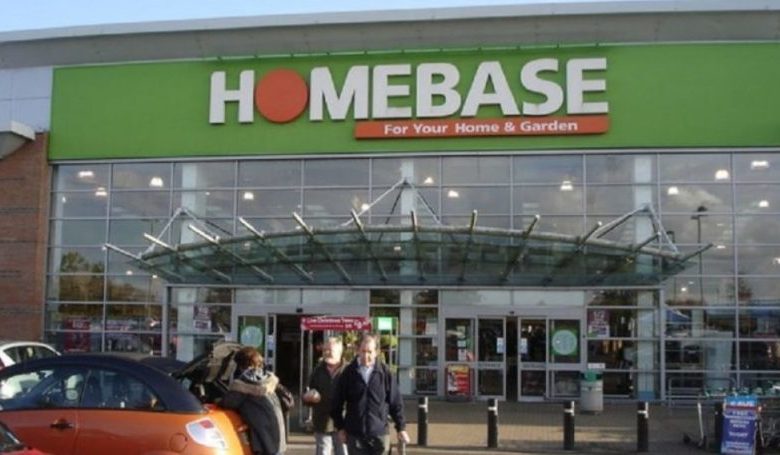How Wesfarmers’ takeover strategy almost sent Homebase ‘down under’

There are few home comforts for Homebase right now. The DIY chain confirmed on August 31 that it will close a further 42 stores later this year, resulting in 1,500 job losses.

Join 15,000 retail professionals with a membership
Get unlimited access and stay in the know. First-year special offer pricing. Cancel any time.
You have read 2/2 free articles this month.

How many members should have access to the subscription?
Monthly
Yearly
Save £9.89
No, thanks
I already have an account

There are few home comforts for Homebase right now. The DIY chain confirmed on August 31 that it will close a further 42 stores later this year, resulting in 1,500 job losses.